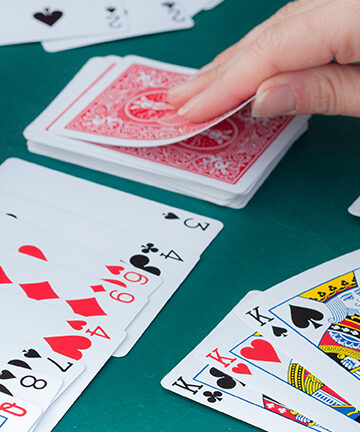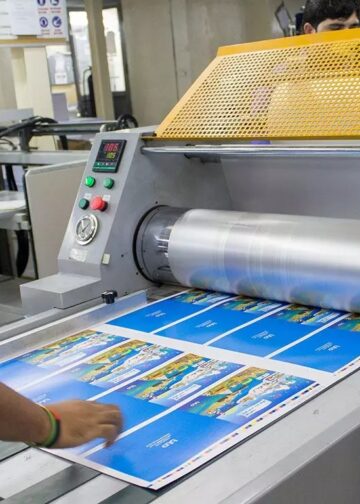There are a few different types of metal that are best suited for flat finishing. One of the most popular options is stainless steel. Stainless steel is not only durable, but it is also resistant to rust and corrosion. This makes it an ideal choice for applications where the metal will be exposed to moisture or other corrosive materials.
Stainless steel is an alloy of iron and chromium, and it is one of the most commonly used materials in the world. It is known for its durability and resistance to corrosion, and it is used in everything from kitchen appliances to surgical instruments. Stainless steel is made by adding chromium to molten iron, and the resulting alloy has a higher melting point than pure iron. This makes it ideal for many applications where heat resistance is required. The chromium also gives stainless steel its distinctive lustrous appearance. In addition to its good looks, stainless steel is also easy to clean and maintain. As a result, it is no wonder that stainless steel has become such a popular material in homes and businesses around the world.
Another type of metal that is often used for flat finishing is aluminum. Aluminum is lightweight and strong, making it a good choice for applications where weight is a concern. However, it is important to note that aluminum can be susceptible to corrosion if it is not properly sealed.
Aluminum is a soft metal that is easily scratched and dented. However, it can be polished to a high shine, making it an ideal choice for flat finishing. Aluminum is also resistant to corrosion, making it a good choice for outdoor applications. Whether you are looking for a metal that can be polished to a high shine or one that is resistant to corrosion, aluminum may be the right choice for your project.
Due to its high conductivity, low thermal expansion, and corrosion resistance, copper is a popular choice for flat finishing. When used in combination with other metals, copper can also create a wide range of aesthetic finishes. For example, copper can be combined with zinc to create a bright, shiny finish or with nickel to create a softer, more muted finish. Copper is also often used as a base metal for plating with gold or silver. The resulting finish is highly resistant to tarnishing and scratches, making it an ideal choice for high-use items such as doorknobs and faucets. In addition to its durability, copper flatware has a distinctive beauty that ages gracefully over time. With proper care, a set of copper dishes can last for generations.
Brass metal is an excellent choice for flat finishing, thanks to its durability and corrosion resistance. When properly sealed, brass will resist tarnishing and can be used in both indoor and outdoor applications. When selecting brass metal for flat finishing, it’s important to consider the thickness of the material. Thin brass sheets are ideal for creating panels and other decorative accents, while thicker sheets are better suited for fabrication projects. When working with brass metal, it’s also important to be aware of its tendency to dent or scratch easily. To avoid damaging the material, it’s best to use gentle pressure when sanding or polishing. With a little care, brass metal can provide years of beauty and durability.
If you are looking for a metal that is both durable and corrosion-resistant, titanium may be the best option for you. Titanium is one of the strongest metals available, making it an ideal choice for applications where strength is a must. However, titanium can be quite expensive, so it is important to weigh your options before making a final decision.
Titanium is a metal with unique properties that make it ideal for flat-finishing applications. It is strong and lightweight, yet also ductile and easy to work with. Titanium also has excellent corrosion resistance and can withstand high temperatures. As a result, it is often used in aerospace and automotive applications. In addition, titanium has low thermal conductivity, which makes it ideal for use in heat exchangers. Titanium is also non-magnetic and has a low dielectric constant, making it suitable for use in electrical applications. Finally, titanium is non-toxic and biocompatible, making it ideal for use in medical implants.
Finally, for flat finishing, we recommend using a softer metal. We’ve found that copper and brass are the best metals for this type of job. They have a low melting point, so they can easily be melted down and poured into a mold. They also have a relatively high resistance to corrosion, which means they will last longer without rusting or tarnishing.
















